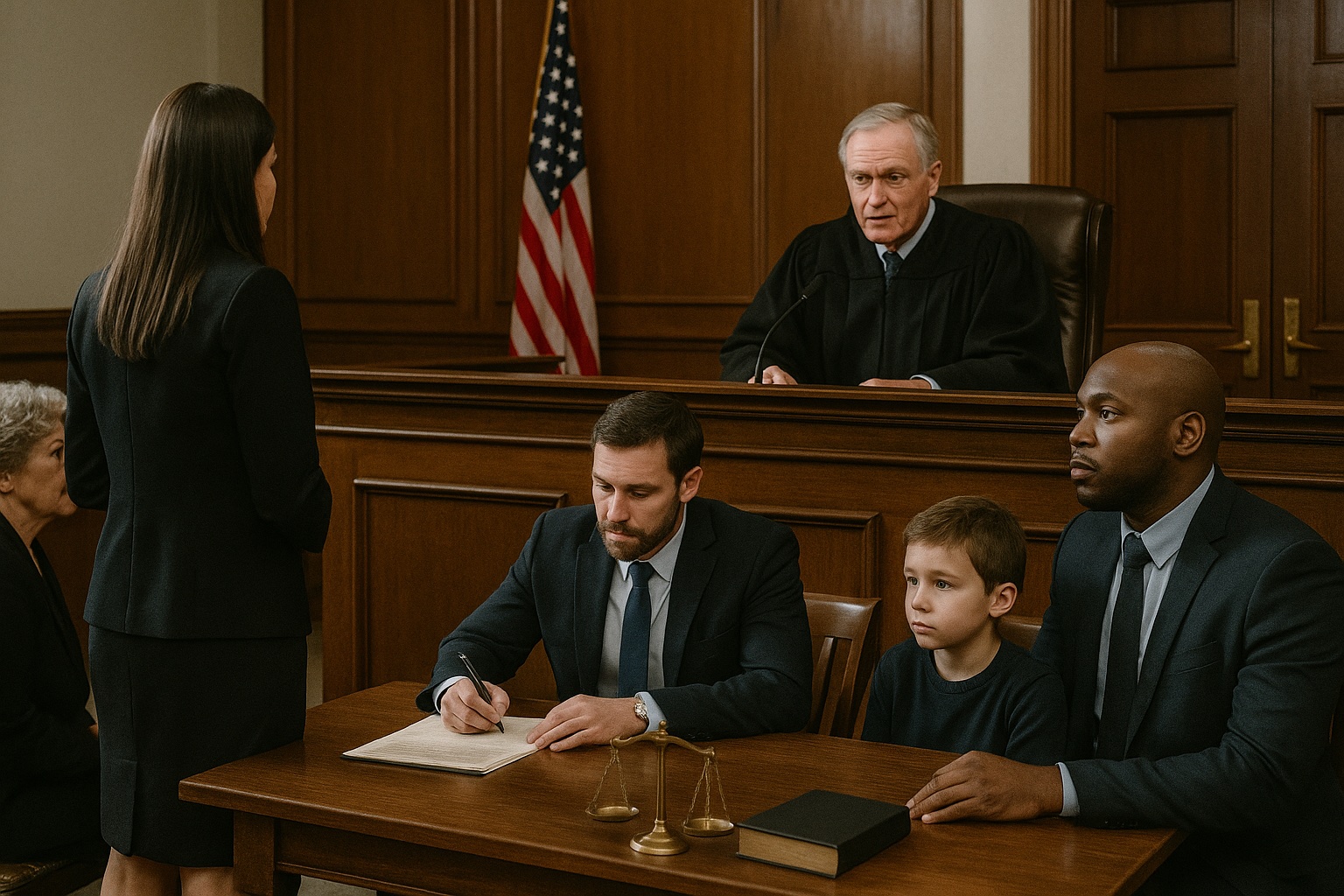Why Your Medical Records Matter in a Personal Injury Case
When you’re injured in an accident, your first priority is healing — but if you’re pursuing a personal injury claim, your medical records become one of the most critical components of your case.
Whether you were hurt in a car accident, slip and fall, or another incident, what’s documented in your medical file can make or break your claim. Insurance companies don’t take your word for it — they rely on paperwork and concrete evidence.
Here’s what you need to know about the role of medical records in California personal injury claims and why getting timely, consistent treatment matters.
Medical Records Are the Foundation of Your Injury Claim
To win a personal injury case in California, you must prove these two things:
- You were injured, and
- Those injuries were caused by the accident
Medical records are the evidence that ties your physical condition to the crash — and supports the value of your claim. Adjusters and defense attorneys use your records to:
- Evaluate the severity of your injuries
- Determine if treatment was appropriate and consistent
- See if your injuries match the nature of the accident
- Look for gaps or red flags that weaken your case
Even if your pain is real, without proper documentation, insurers may argue you’re exaggerating or that something else caused your symptoms.
What Insurance Companies Look for in Medical Records
Insurers and defense lawyers scrutinize every detail in your file. Here’s what they’re looking for:
- Timing of care: Did you get treatment right after the accident, or wait days or weeks? Delays hurt credibility.
- Consistency of treatment: Missed appointments or big gaps can be used to argue your injuries weren’t serious.
- Diagnosis codes: These are used to calculate damages — vague or incorrect codes can reduce your claim’s value.
- Causation notes: Doctors should link your condition to the accident (e.g., “neck strain likely caused by MVA”).
- Pre-existing conditions: Insurers may try to blame your injuries on old problems unless clearly differentiated.
Delayed Treatment Can Cost You — Financially and Legally
It’s common for people to “wait it out” after an accident, hoping they’ll feel better in a few days. But this delay can have serious consequences:
- Your symptoms may worsen over time without proper care
- Insurers may claim your injury isn’t related to the crash
- You may lose access to certain benefits or coverage options
In California, even a delay of just a few days can open the door for insurers to downplay or deny your injury altogether.
Your Doctor’s Notes Are Just as Important as the Treatment
It’s not just whether you go to the doctor — it’s what they write down.
Encourage your providers to:
- Use specific language about your injury
- Note any physical limitations or pain levels
- Identify how the accident contributed to your symptoms
- Outline recommended treatment and potential long-term effects
For example, “Patient reports back pain” is less persuasive than “Patient presents with acute lumbar strain directly related to rear-end collision on [date].”
Do You Have to Share Your Entire Medical History?
You may be required to disclose relevant medical history — especially if the insurer claims your injury is pre-existing. But you don’t have to give blanket access to all your records.
A personal injury lawyer can help:
- Limit record requests to what’s necessary
- Push back on overbroad subpoenas
- Ensure your privacy is respected while meeting legal obligations
How a Lawyer Can Help Protect and Use Your Medical Records
An experienced personal injury attorney will:
- Coordinate with your providers to obtain complete, timely records
- Review your file for issues that could harm your case
- Prepare medical summaries for insurance adjusters
- Work with experts to project future care needs or refute pre-existing injury arguments
Medical documentation is often the most contested part of a personal injury claim — and it’s where having legal guidance matters most.
Your Recovery Deserves More Than Just Treatment — It Deserves Compensation
If you’ve been injured in an accident, don’t let poor documentation stand between you and fair compensation.
Call Lawyer Gigi today for a free consultation.
We’ll help you understand how your treatment supports your claim — and make sure the insurance company doesn’t twist your records against you.







